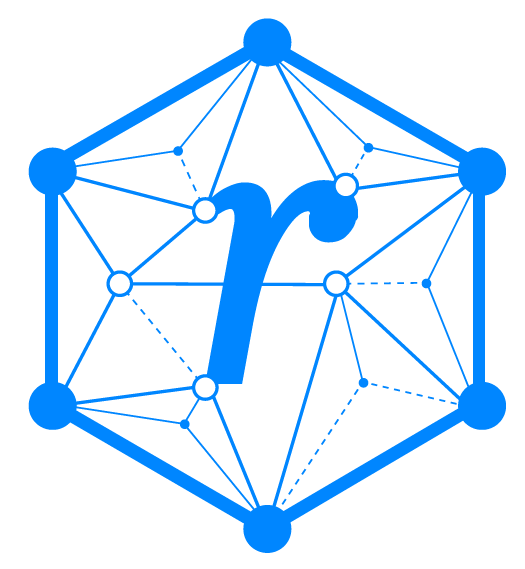☑️ Announcing Decentralized Identity & Privacy Salon
☑️ The first RWOT Virtual Salon ran on February 25, 2021. See the report for details.
Rebooting the Web of Trust invites you to join us for an intimate virtual salon exploring the intersection of decentralized identity and privacy.
Why did so many Jews, gays & other Nazi undesirables die from the Netherlands? Because the Dutch Civil Service was one of the best in the world, serving its citizens well during the Great Depression. But 75% of its Jews died due to this efficiency. 1
Occupying Germans were able to co-opt the bureaucratic and information systems of the Netherlands to devastating effect. Modern identity systems risk recreating powerful systems that could be used to great harm.
Emerging standards from the World Wide Web Consortium enable a new approach for managing digital identity. Verifiable Credentials [2] and Decentralized Identifiers [3] provide a decentralized approach for reliable identity assurance, authentication, and attestations. These technologies allow anyone to say anything about anyone else, with verifiable authenticity, without reliance on a trusted third party. Rather than dependence on external identity providers like Google or Facebook, these credentials are designed to use identifiers and cryptographic proofs under the control of the subjects of those credentials, to ensure that those who present them are the same individuals to whom they were issued.
These technologies promise to remove unnecessary middlemen in our digital lives, but how do we manage potential privacy risks?
- With more digital records about us, how do we prevent data hoarding and surveillance capitalism?
- How can we use decentralized identifiers without creating a database that enables corporations or nation states to harm individuals?
- Are anti-correlation and herd privacy techniques enough, or do we need to actively prevent de-anonymization?
- How do we avoid the problem created by the world class public service administration of the Netherlands pre-WWII?
Decentralized Identity & Privacy image
This virtual, facilitated salon will solicit conversation and concerns to be captured for publication, with the creation of at least one unanimous statement by the gathered participants. The output of this work will be published in perpetuity for reference and licensed Creative Commons By Attribution 4.0 for inclusion in other efforts. See http://tokenethics.com for an example of the kind of output we anticipate creating together.
Signups are available through Eventbrite.
-
“Foremembrance” Thread. Twitter. Online. https://twitter.com/ChristopherA/status/1243439314295390208 ↩
